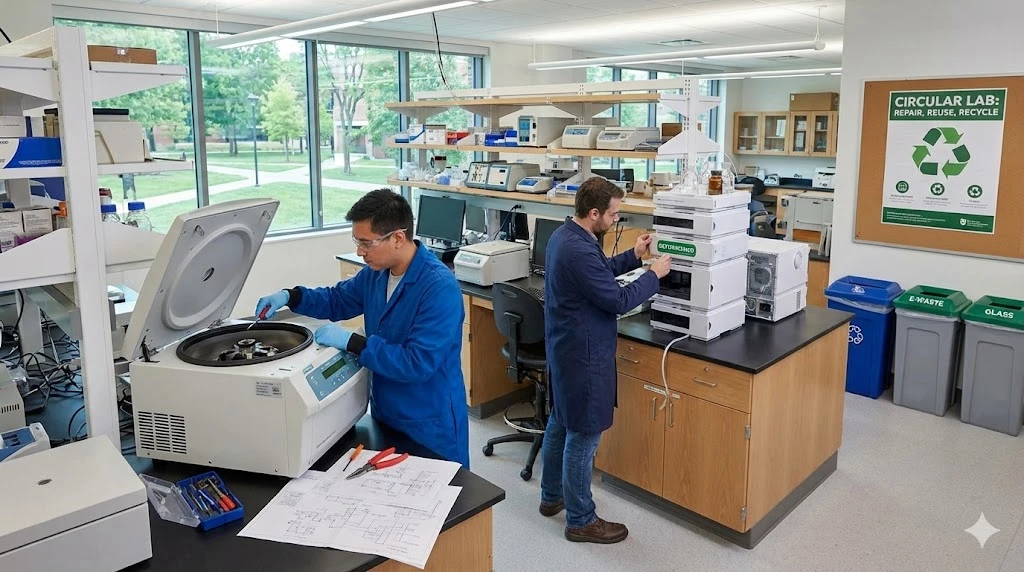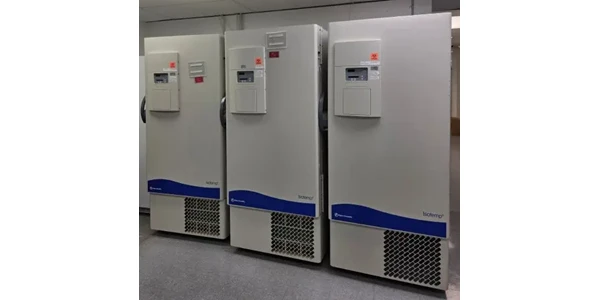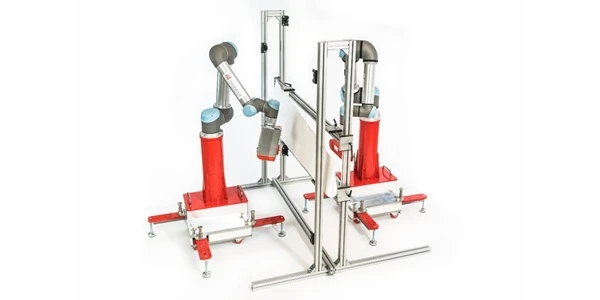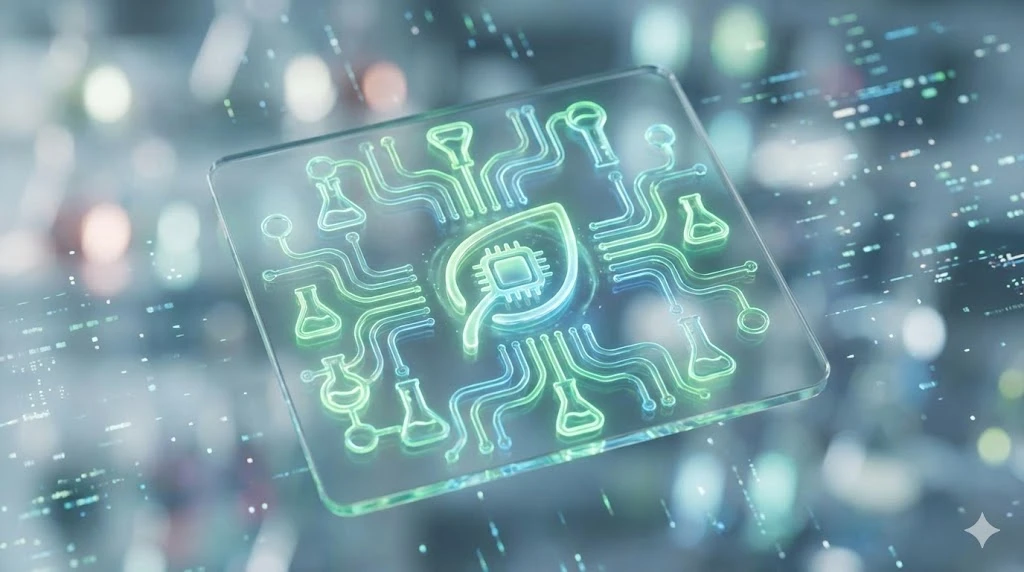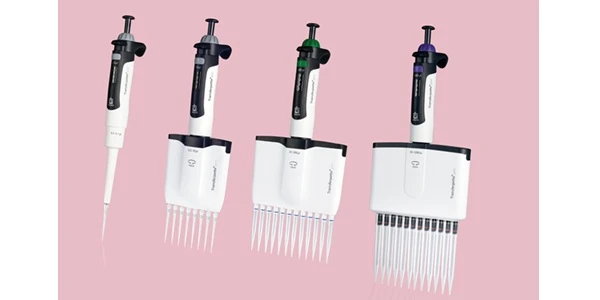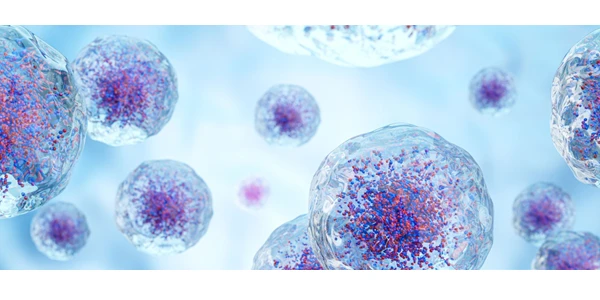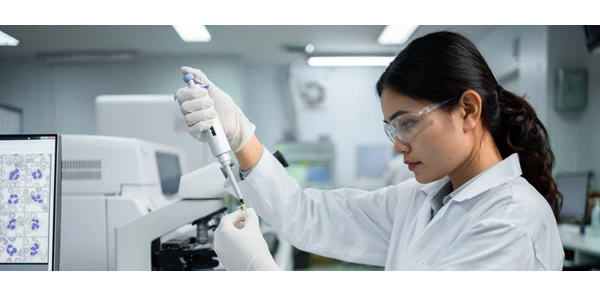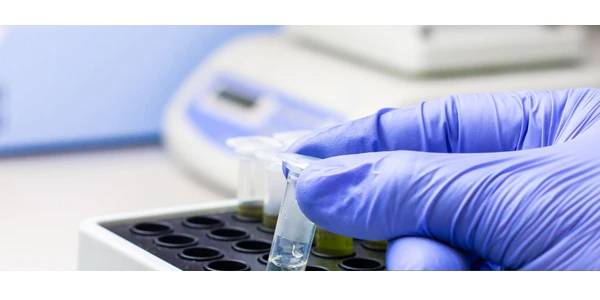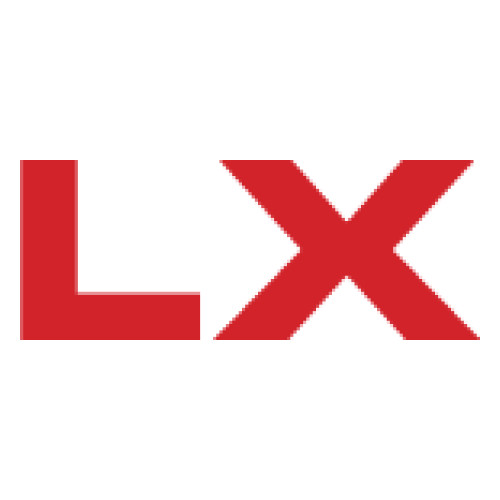The Role of Instrument Vendors in Achieving Sustainability Goals for Your Lab
The right partners can help you attain your sustainability metrics for reduced resource use and environmental impact
Sustainability and environmentally friendly lab practices have become increasingly important topics over the past decade. Minimizing your lab's carbon footprint, energy usage, and waste output are all concerns that have become bigger focuses within lab operations and management. One key method for helping your lab to meet sustainability goals is finding and working with vendors that include sustainability practices in their business models. From purchasing energy-efficient equipment to participating in recycling programs, the right vendor can become an invaluable asset in achieving sustainable practices within your lab.
Identifying your lab goals
Labs, in general, have made great progress in setting up sustainability goals and defining metrics. A recent Frost & Sullivan survey conducted on behalf of Agilent Technologies polled 500 lab directors, managers, and decision-makers from the US, the UK, Germany, and China. Results showed that over 82% of labs had sustainability goals in place. Of these, 92% plan to target resource consumption, and 87% seek to reduce greenhouse gas and carbon emissions by optimizing water and energy consumption and improving waste management techniques.
Considering the breadth of the types of labs, the primary lab functions, and the application or product testing area in the survey, these results are indicative of a wide consensus supporting lab sustainability as a critically important pursuit and a worthy investment. At the same time, however, only slightly more than half of the labs that have adopted sustainability metrics are satisfied with the success of meeting their sustainability goals.
Thus, a significant amount of work needs to be done in helping labs achieve environmentally friendly and sustainable operations. A major step in the right direction for labs is identifying instrument manufacturers that are aware of these needs and are implementing practices to support customer goals.
Reducing waste
As a major focus area, waste reduction encompasses a range of instrument processes and applications. To address waste reduction at the instrument level, automated liquid handling manufacturers have developed new dispenser technologies such as contactless transfer and the use of microfluidic vessels that have reduced sample volumes and associated buffer and wash requirements. In many cases, these features have served the dual purpose of increasing accuracy, throughput, and overall performance of these systems. Instrument solutions have also arisen to tackle waste reduction at the consumable level, for instance, by washing and reconditioning pipette tips for reuse.
As another example, liquid chromatography (LC) manufacturers have focused on reducing solvent waste through intelligent reagent monitoring and diagnostic features. Alternative technologies to traditional LC, such as microfluidic separations and supercritical fluid chromatography, have seen growing interest in the lab as well, reducing the need for hazardous organic solvents and waste.
Energy efficiency
Energy efficiency has long been an area of focus for lab instruments, although greater pressure for lab sustainability has recently strengthened this. Examples include new instrument diagnostic features that allow systems to switch on or off between runs, when runs are complete, or when an error is detected. Other intelligent features can trigger a method to stop and circle back to a single sample rather than wasting time and energy on entire sample sets that must ultimately be rerun at a later point.
Reducing emissions
Obviously, emissions reduction is a major area that directly impacts greenhouse gas generation. Manufacturers are not only striving to reduce instrument-generated emissions but also stem the tide of emissions arising from manufacturing processes. Fossil-free manufacturing sites and the use of recycled materials are becoming more prevalent among companies with an eye toward environmental responsibility.
Vendors that match your sustainability goals
Labs that are falling short of reaching their goals should identify instrument manufacturers that match their sustainability outlook. This starts with realizing whether eco-friendly product design is a priority. It’s par for the course that instrument manufacturers strive to highlight the latest performance and boast-worthy capabilities of new technologies. Considering today’s climate, however, responsible manufacturers may prioritize design features that can help reduce environmental impact across the entire spectrum of the instrument life cycle. These may include components made from recycled materials, modular components that can be cleaned or replaced without upgrading the instrument, and the use of polymers and plastics that have less of an environmental impact. These sustainability practices may extend beyond product design and manufacturing and into the realm of the company’s corporate responsibility mission. The right vendor can help you include sustainability practices throughout the life cycle of your assets.
Following environmental standards may seem like a no-brainer, but there is a range of approaches that vendors may take. Some may exercise the minimum, while others may strive to achieve national or international benchmarks for climate action and protection. Seek out those manufacturers that are invested in seeing your lab succeed while supporting broader benchmarks.
Instruments that can help you attain your sustainability metrics
According to the survey, over 60% of labs do not rely on instrumentation data to measure their labs’ sustainability efforts. This statistic indicates that users see a need for instrument tracking systems to help measure resource consumption. Such systems, however, may not be user-friendly or even available on typical instruments.
Vendors that include user-friendly resource measurement features in product design can help labs reach their goals at the instrument level. This includes intuitive software to track and monitor key metrics. Additionally, those vendors that implement sustainable instrument certifications from independent sources are placing greater responsibility on their own sustainability practices. Certifications such as the ACT label from My Green Lab are indicative of a commitment that extends beyond the manufacturer and into the domain of independent environmental impact groups.
Space savings instrument designs can also help labs in achieving goals as well. Freeing space up for other equipment can reduce the overall size of a lab space and can equate to less resource use from the perspective of building energy requirements.
The value of consulting services
The survey also found that approximately 90% of labs do not use consultancy services for sustainability. Manufacturers that do offer such services can help fuel customer sustainability efforts and not simply leave it to the end users to figure out best practices. It makes sense that an instrument manufacturer would know the optimal parameters to use and metrics to implement in their own equipment. Consulting services can offer great utility in helping labs assess instrument operation, remove or replace inefficient equipment, and improve overall lab efficiency.
Pre-owned and refurbished instrument services
One way to cut down on environmental impact is to consider used or refurbished instruments. To this end, certain instrument manufacturers may have services that offer a number of solutions to reuse or recycle.
Upgrading to new instruments can typically involve decommissioning an older instrument. A recycling service that removes the older instrument free of charge and evaluates it for recycling or upcycling can help in the logistics of disposal.
Some vendors may offer certified used or refurbished instruments that are warranted by the manufacturer. Such practices indicate that the company is invested in the restoration process and stands behind the renewed quality and performance.
The survey found that labs value such services. Depending on your needs, your lab may find great value in seeking out vendors that offer refurbishing, upcycling, and recycling efforts to help achieve your own goals.
Summary
It is important to identify manufacturers that share your sustainability outlook and are transparent about their own practices. Indeed, the survey found that over 60% of labs value information shared by vendors related to their own company goals towards sustainability. Instrument and product information that is helpful—and those vendors that are forthright in their sustainability goals—can help set you on the right path to achieving your lab’s sustainability goals.
